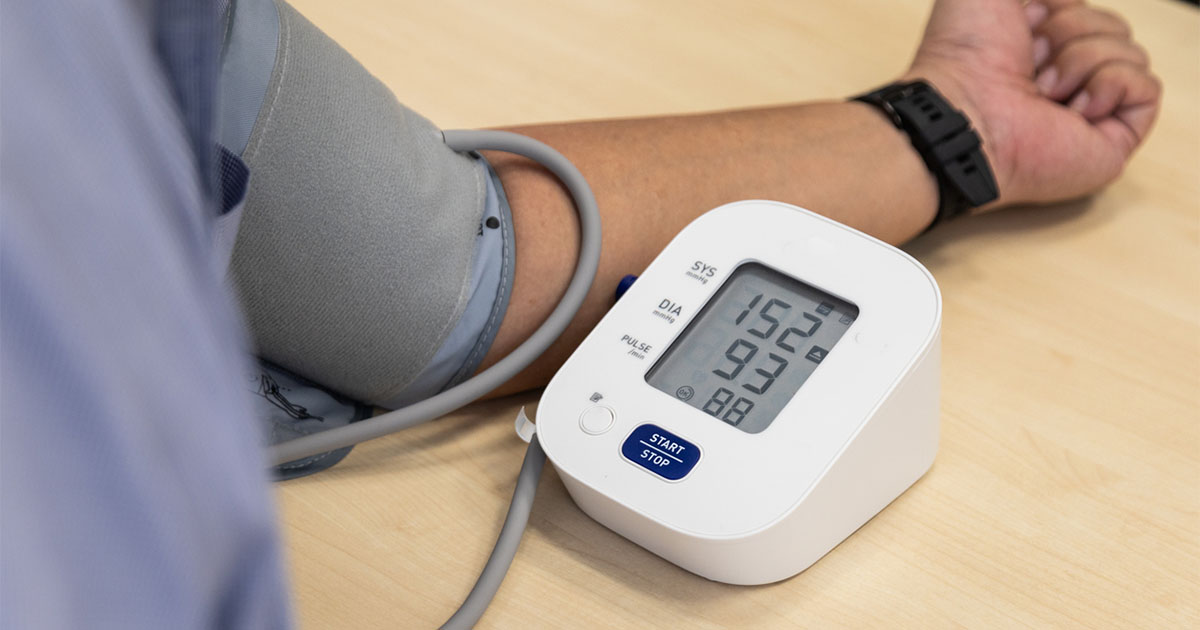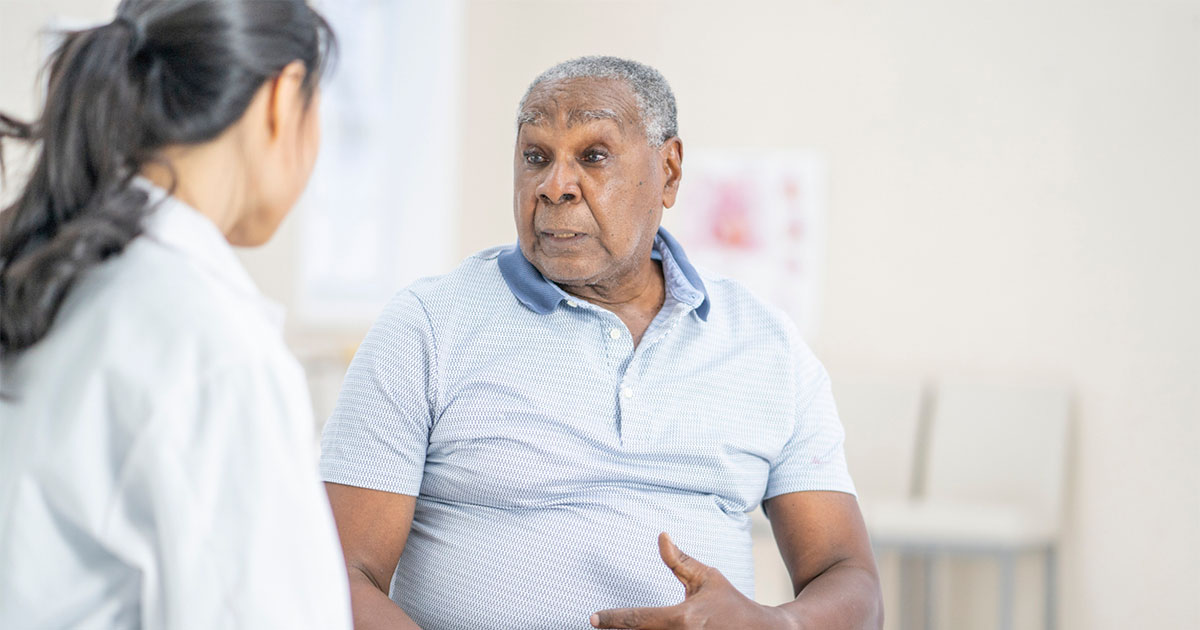Below you will find the PCDS Annual Report for the year 2013–14.
Mission statement
The Society supports every primary care healthcare professional to deliver high-quality, clinically effective care, in order to improve the lives of people living with diabetes.
As a member you will benefit from access to the following items:
- High-quality education tailored to your individual needs.
- Up-to-date evidence-based information to enhance your care delivery.
- Networking with other professionals at local, national and international events, as well as on the web.
- The Diabetes & Primary Care journal, as well as a variety of tailored online resources.
- Audit and research projects, designed to improve outcomes for people living with diabetes.
Together as a Society we will:
- Share best practice in delivering quality diabetes care.
- Be a unique voice for all professionals working in primary care intent on improving standards of diabetes care.
- Show leadership at local, national and international level, collaborating with all organisations involved in promoting high-quality diabetes care across the UK and Ireland.
- Promote and participate in high-quality research and audit.
The PCDS Committee members are the trustees of the charity. We meet formally several time a year to discuss current issues affecting people living with diabetes and their families and support those delivering their care including carers and healthcare professionals. Our aim is to improve diabetes care and knowledge. Some of the activities we have been involved in over the year 2013–14 are listed below.
All trustees work full-time or part-time for either the NHS or HSE (Republic of Ireland) and roles currently represented within the committee include GPs, diabetes specialist nurses, practice nurses, and a pharmacist. The PCDS continues to be chaired by Dr David Millar-Jones.
The PCDS has charity status in England and Wales (Charity Commission) and Scotland (Office of the Scottish Charity Regulator). Our Committee represents what we call the five nations: England, Scotland, Wales, Northern Ireland and Republic of Ireland. Although the health needs of people with diabetes from the five nations are mostly similar, we find that there are some differences, particularly relating to service design, and these are addressed by our national subcommittees.
Activities
Advancement in education
The PCDS trustees believe that one of the ways to make a real difference to the health and well-being of people with diabetes, their families and carers is by advancing the knowledge of the healthcare professionals who are delivering diabetes care.
Over the year 2013–14 the PCDS:
- Further developed the PCDS website www.pcdsociety.org, with links to the continuing professional development (CPD) modules, conference information, journals, news and events.
- Expanded its membership body to 8000 healthcare professionals.
- Continued to provide up-to-date, evidence-based diabetes education through its journal Diabetes & Primary Care, which is free and circulated to 16000 people.
- Launched Diabetes Distilled, an e-newsletter emailed to members on a monthly basis to provide an overview of relevant stories.
- Built on its programme of CPD modules, with key topics updated by a range of experts.
- Worked with other journals including: Practice Nurse, the Journal of Diabetes Nursing, The Diabetic Foot Journal, Diabetes Digest, the Pharmaceutical Journal, Pulse and GP.
- Participated in updates and webcasts to reach a wider audience.
- Provided diabetes education to over 1000 delegates attending one of the PCDS conferences (as laid out below).
Conferences
- The 9th National Conference (Birmingham, 7–8 November 2013) attracted 578 delegates. Topics included unusual presentations of diabetes, abnormal test results and simplifying care in clinical practice. The poster presentations were of an exceptionally high standard, with healthcare professional sharing best practice and innovations.
- The 7th All-Irish Conference (Dublin, 26 April 2014) had a new venue, moving away from Athlone, and an excellent attendance of 147 delegates. The topics covered included end-of-life care, motivational interviewing, and obesity and the immune system.
- The 6th Scottish Conference (Glasgow, 30 October 2013) had 172 delegates. Themes that were covered included diet, exercise and sleep apnoea.
- The 5th Welsh Conference (Cardiff, 22 May 2014) was attended by 180 delegates. Topics included Welsh initiatives to improve diabetes via primary care, risk stratification and conundrums in complicated patients.
- The 3rd Northern Irish Conference (Templepatrick, 10 October 2013) had 158 delegates in attendance. Themes included new and emerging agents, obesity-related issues and non-alcoholic fatty liver disease.
Creation of a PCDS alumni committee
The year 2013–14 also saw the creation of a PCDS alumni committee, including Roger Gadsby, Paul Downie, Alan Hayes, Neil Munro, Eugene Hughes and Tony O’Sullivan. The alumni committee was established to ensure that the quality of PCDS service and education is maintained and supported. The alumni are previous members of the PCDS committee who continue to have a central role in political aspects, research and delivery of diabetes care and education.
Advancement of health and saving lives
The trustees believe that working in collaboration with other organisations, charities, and academic and government bodies is an effective way to draw together knowledge and expertise which benefits people with diabetes and makes a positive impact in the delivery of diabetes care. In the year 2013–14, the trustees worked with the Association of British Clinical Diabetologists (ABCD), Diabetes UK, the Royal College of General Practitioners, the Royal College of Physicians, NICE, the Royal Pharmaceutical Society, the Institute for Diabetes in Older People, TREND-UK, the Welsh Endocrine and Diabetes Society, the National Service Advisory Group for Wales and the Diabetes Implementation Group for Wales.
Our specific work during the year included the following.
- The Committee reviewed the idea of developing a national educational package to ensure quality of care for residents of care homes who have diabetes.
- A driving and safety learning package was developed with joint working between the PCDS, the Association of the British Pharmaceutical Industry and driving unions to raise awareness of diabetes and its implications for people who drive for their profession.
- We supported the continuing work of the Parliamentary and Stakeholders Diabetes Think Tank, which is a collaboration between healthcare professionals, parliament and industry.
- Work continued on the safety issues surrounding the prescribing, dispensing and administering of insulin. Areas for concern that were identified included problems encountered by people with impaired vision, those who rely on others to administer their insulin (e.g. family members or community nurses) and those in hospital.
- We fed into the All Party Parliamentary Group for diabetes, which has representation from the Department of Health, the House of Lords, healthcare professionals, academic institutes, diabetes charities and patient groups and meets to discuss ways to improve diabetes care and the lives of people living with diabetes.
- The National Diabetes Audit (NDA) Partnership Board, of which the PCDS is a part, launched the next phase of the NDA for Adults. The consortium of Diabetes UK, the NHS Information Centre, Diabetes Health Intelligence and the PCDS is committed to ensuring that the next phase of the NDA will continue to progress as it engages with clinicians and people with diabetes to work towards meeting the needs of the diabetes community.
Advancement of science
The PCDS believes that quality research is vital in providing evidence-based diabetes care. The PCDS research subcommittee met during the year to look at ways of supporting or taking part in research. Ongoing research activities for the year included:
- The Hypoglycaemia Study, a prospective study aimed at providing robust data on the self-reported frequency and severity of hypoglycaemia in a national population with type 2 diabetes managed in primary care (recruitment for which has proved challenging).
- The PCDS–ABCD Dapagliflozin Audit, for which discussions on a potential collaboration took place.
The PCDS continued to offer support to healthcare professionals undertaking educational activities and research by providing guidance and bursary awards up to £1000 (for more details, see http://www.pcdsociety.org/research).
In addition, the Department of Health asked NICE to produce guidance on preventing type 2 diabetes in high-risks groups, and PCDS Committee member Professor Kamlesh Khunti was a member of the Public Health Guidance Programme Development Group. A summary of their recommendations was published on the British Medical Journal website: http://www.bmj.com/content/345/bmj.e4624.
Finally, the PCDS was an active stakeholder for NICE in matters on diabetes, highlighting concerns that may relate to the primary care management of patients to ensure clarity and safety aspects of guidance that is issued.
Plans for the future
The PCDS Committee proposed, over the following year, to:
- Fulfil the PCDS mission statement.
- Provide up-to-date, evidence-based education for healthcare professionals through our journals, conferences, CPD modules and website.
- Meet the needs of the “five nations” through the subcommittees.
- Support research in the ongoing Hypoglycaemia Study.
- Look at ways to further support healthcare professionals working in care homes.
- Collaborate with other professional organisations, charities, governmental bodies and pharmaceutical companies to support healthcare professional working in the field of diabetes and improve diabetes care for people with diabetes and their families and carers.





Poster abstract submissions are invited for the 21st National Conference of the PCDO Society, which will be held on 19 and 20 November.
10 Apr 2025